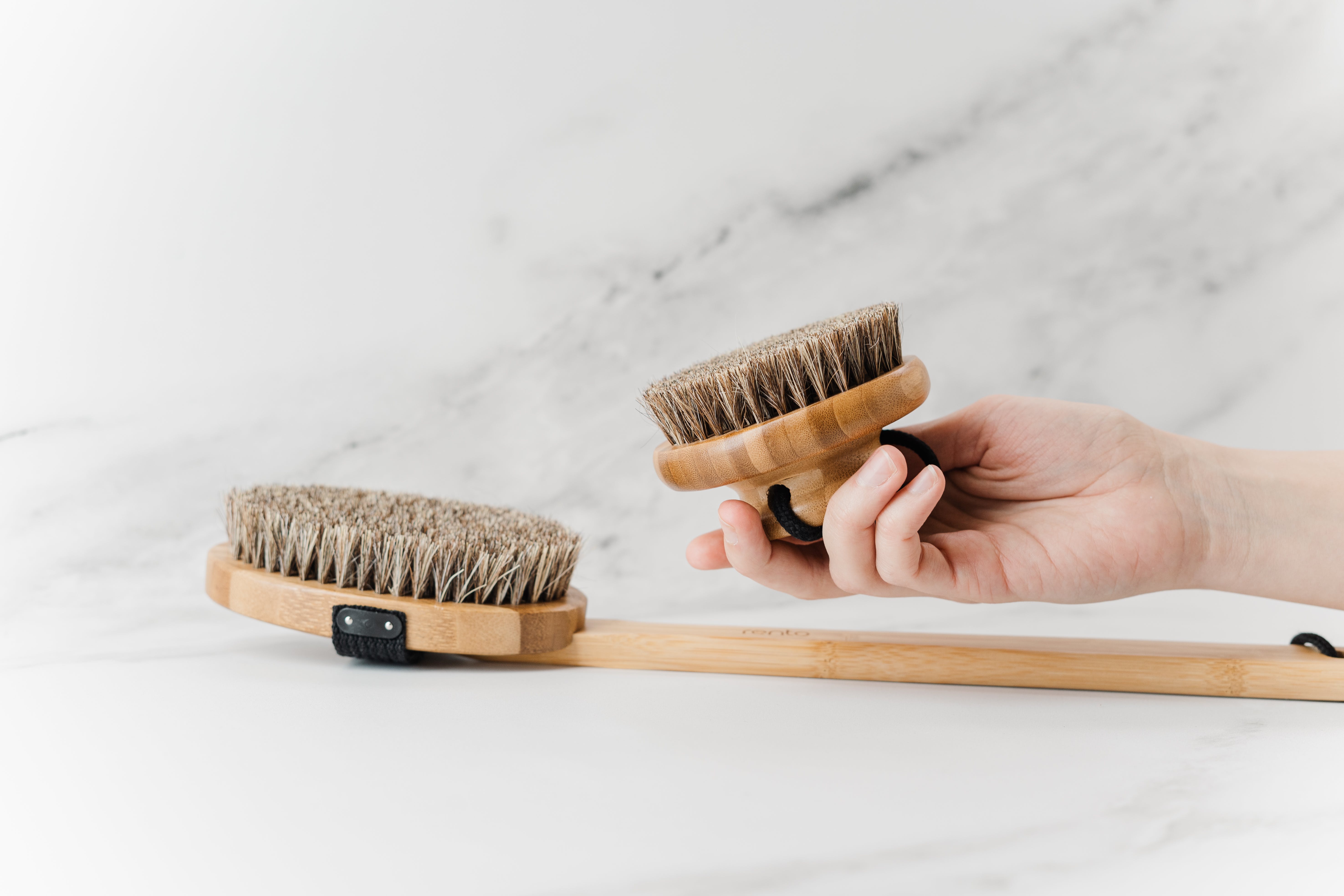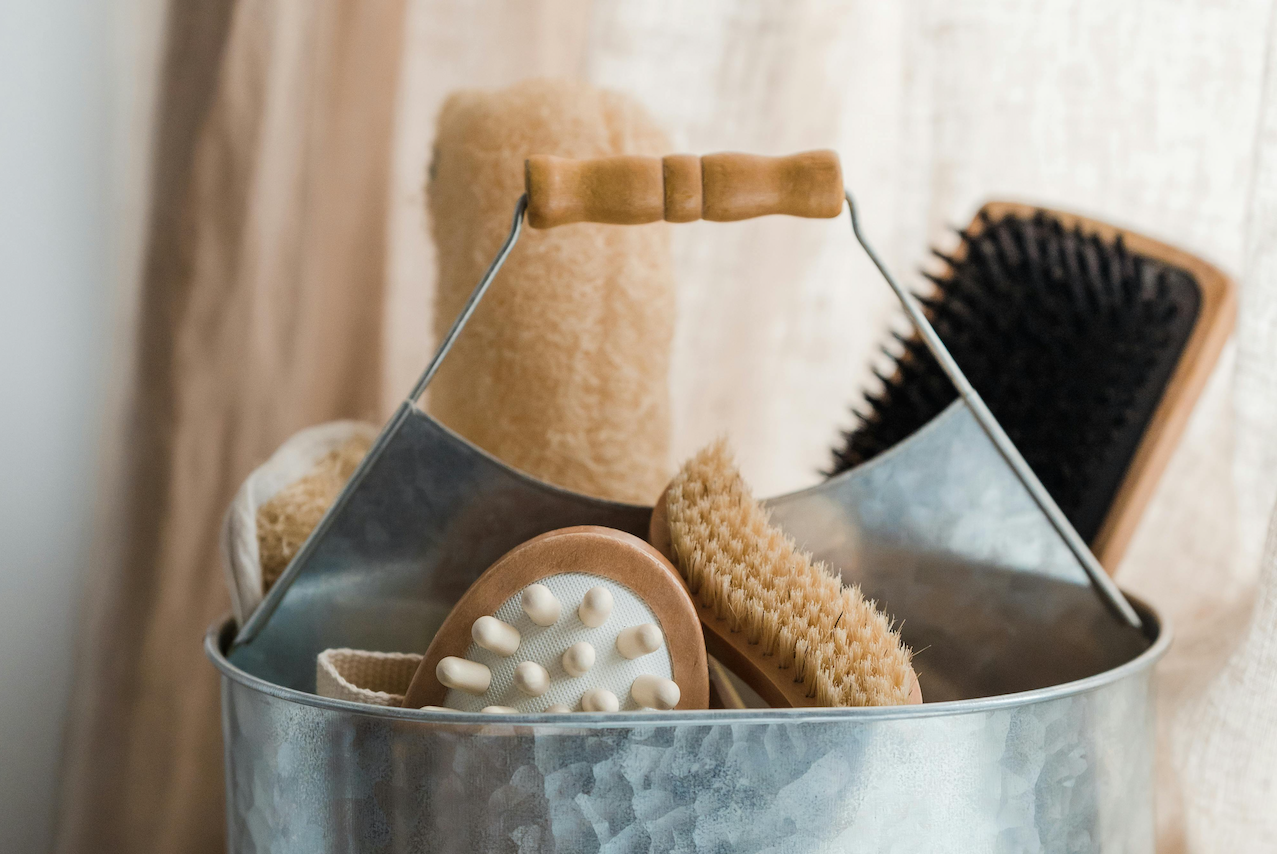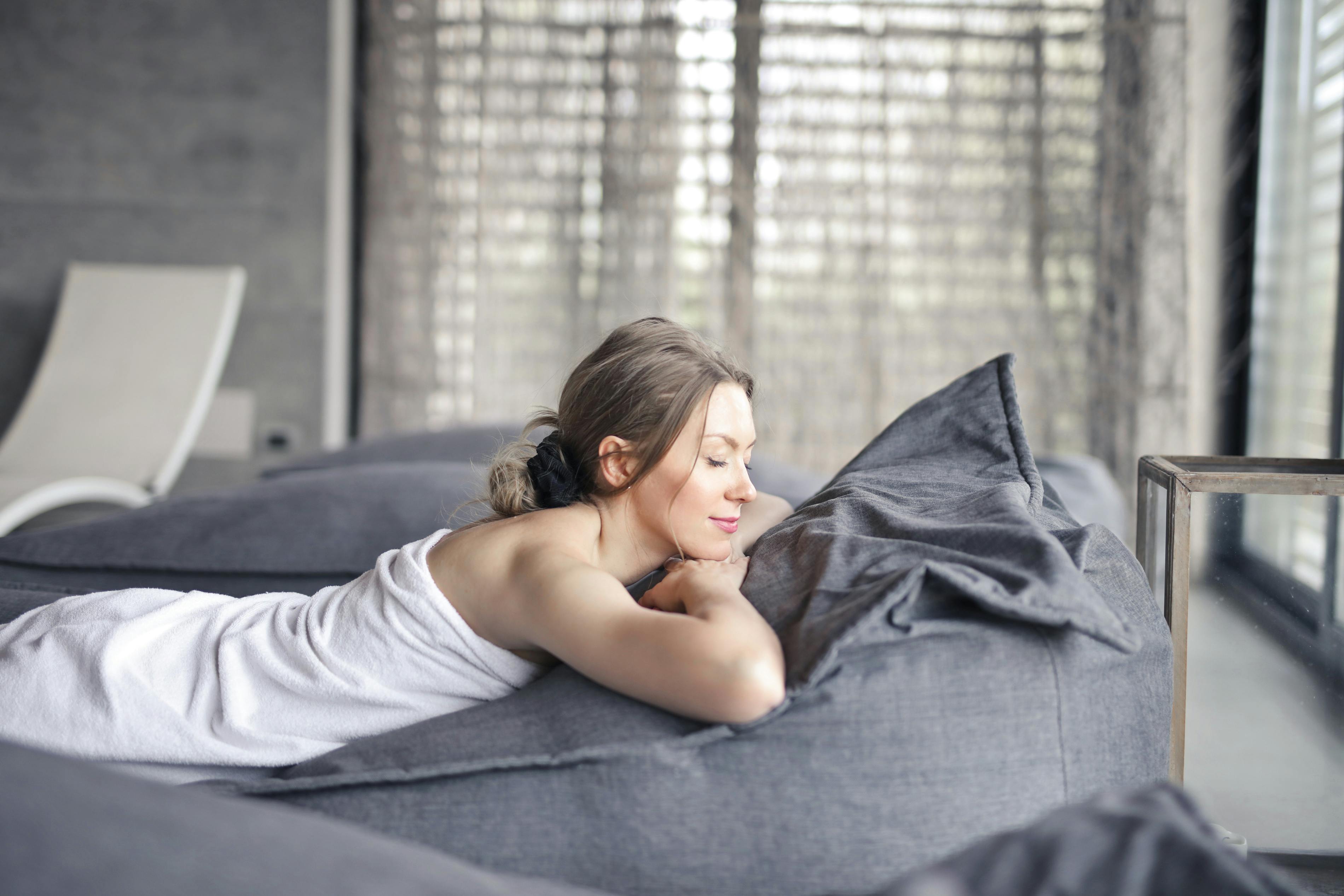- HOME
- Infrared Sauna Benefits
- Showering
Sauna and Shower: Best Order for Skin Health
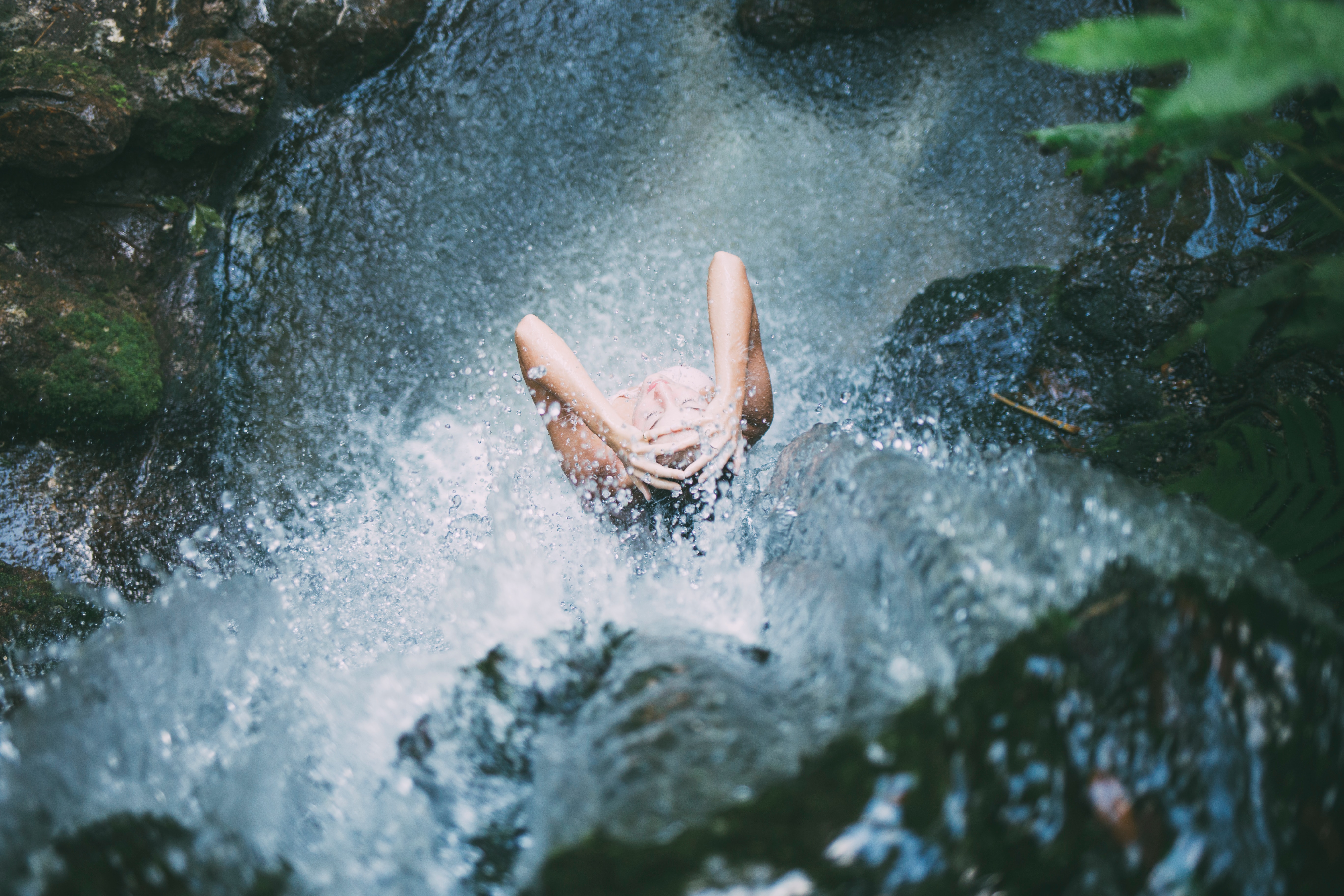
Understanding the ideal sauna and shower order matters for your health. What’s the right sequence and why? Whether you're using a traditional or infrared sauna, knowing the best order to shower - sauna before or after shower - can affect everything from skin health to circulation. This post breaks down what happens when you combine sauna heat with a timed shower, including the science behind the infrared sauna shower before and after routine.
A quick tour of the blog post
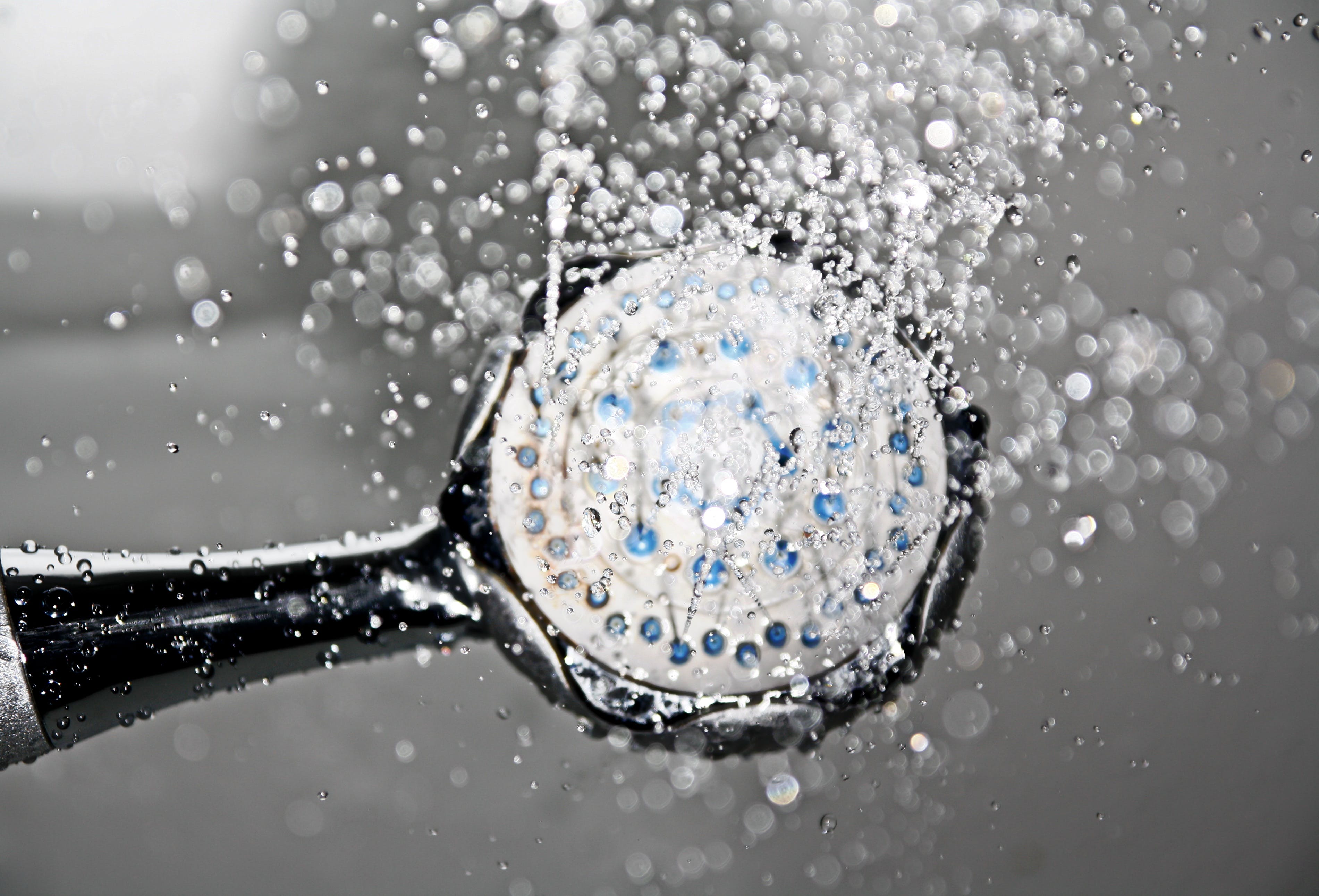
Benefits of Showering BEFORE Sauna
Start your infrared sauna session with a warm shower. It helps your body adjust to the heat and preps your skin by washing off sweat, oils, makeup, and dirt. This clears your pores and makes the sauna's detox effect more effective, especially for acne-prone skin.
A pre-sauna shower also slightly raises your heart rate. It works like a gentle warm-up. For conditions like eczema or small wounds, it removes bacteria and lowers the chance of irritation.
It also protects your sauna. Clean skin means less grime on benches and walls. This keeps maintenance low and helps your sauna last longer.
This cleansing step is also essential infrared sauna blanket prep, ensuring optimal heat penetration and hygiene.
Prep your skin further with our guide: Pre-Sauna Skin Prep Essential Steps for Safe Glow.
Benefits of Showering AFTER Sauna
Taking a shower after your sauna session helps remove sweat, oil, and anything your body released through open pores. Heat expands the pores and increases circulation, so a post-sauna rinse helps clear impurities.
It also cools you down and resets your body temperature. Your skin feels clean, not sticky. This step finishes the sauna session in a way that helps with both hygiene and recovery.
Next, here are three shower options after sauna that serve different purposes.
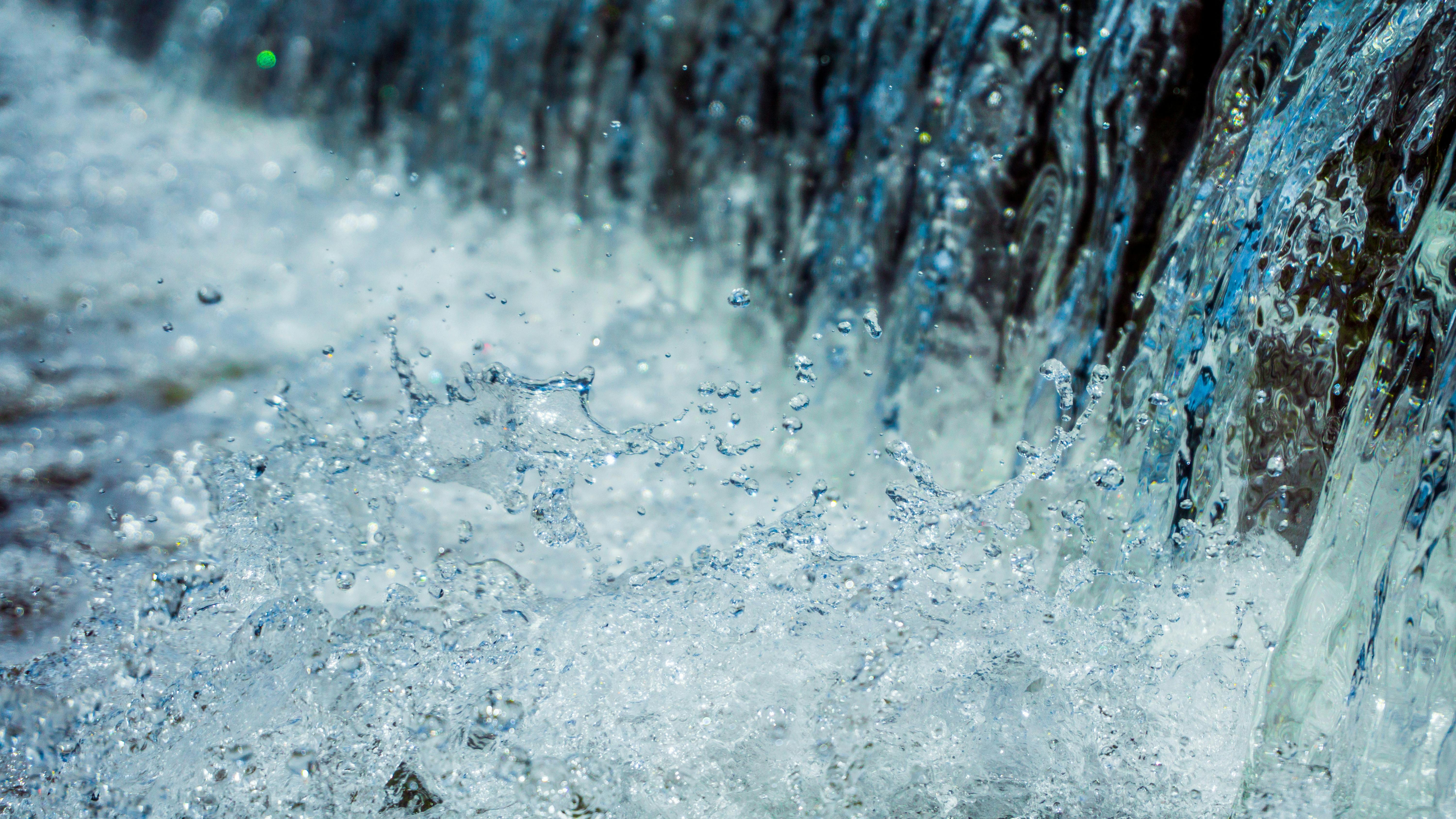
Cold Shower AFTER SAUNA
Transferring from infrared sauna heat into a cold shower after infrared sauna triggers a strong physiological response. It is not just refreshing. It is part of the recovery.
Improved cardiovascular health
The cold after the heat stimulates circulation. Sauna heat widens blood vessels, and cold water makes them contract. This contrast increases blood flow and helps move oxygen through the body more efficiently.
A 2019 review by Laukkanen and Kunutsor [1] found that regular sauna bathing alone is linked to lower risk of sudden cardiac death. The benefits come from improved blood vessel function, reduced inflammation, and a more stable nervous system. The review also noted that combining sauna use with physical activity may further reduce cardiovascular risks, but sauna bathing itself is beneficial.
Strengthens the Immune System
Temperature changes increase the number of white blood cells, which defend the body against infections.
The cold shower also stimulates the lymphatic system. This network of vessels and nodes moves toxins, waste, and extra fluid out of the body, helping the immune system do its job.

Speeds Up Muscle Recovery and Reduces Inflammation
After exercise, muscle soreness and inflammation are common. A cold shower after your sauna session can help. The cold causes blood vessels to narrow, which lowers swelling and limits muscle damage.
This process, called vasoconstriction, narrows the blood vessels to ease swelling and help the body heal on its own.
For deeper recovery, pair cold therapy with a sauna blanket to reduce inflammation and speed up cellular repair. Or use a gentle PEMF mat recovery during cool-down to improve circulation and ease tension.
Improves Skin Health
Cold showers after sauna help close pores that opened during heat exposure. This can reduce the risk of dirt and bacteria entering the skin. The temperature shift also improves circulation, which speeds up skin repair and keeps it looking healthy.
Positively Impacts Mental Health and Mood
The shock of cold water after sauna heat stimulates the mind. It activates the sympathetic nervous system, which prepares the body to respond to stress or challenges.
This system triggers physiological changes that increase alertness and mental focus. Regular cold showers are linked to improved mood and lower stress levels.
Most evidence comes from observation and experience. Scientific studies are still exploring these effects.
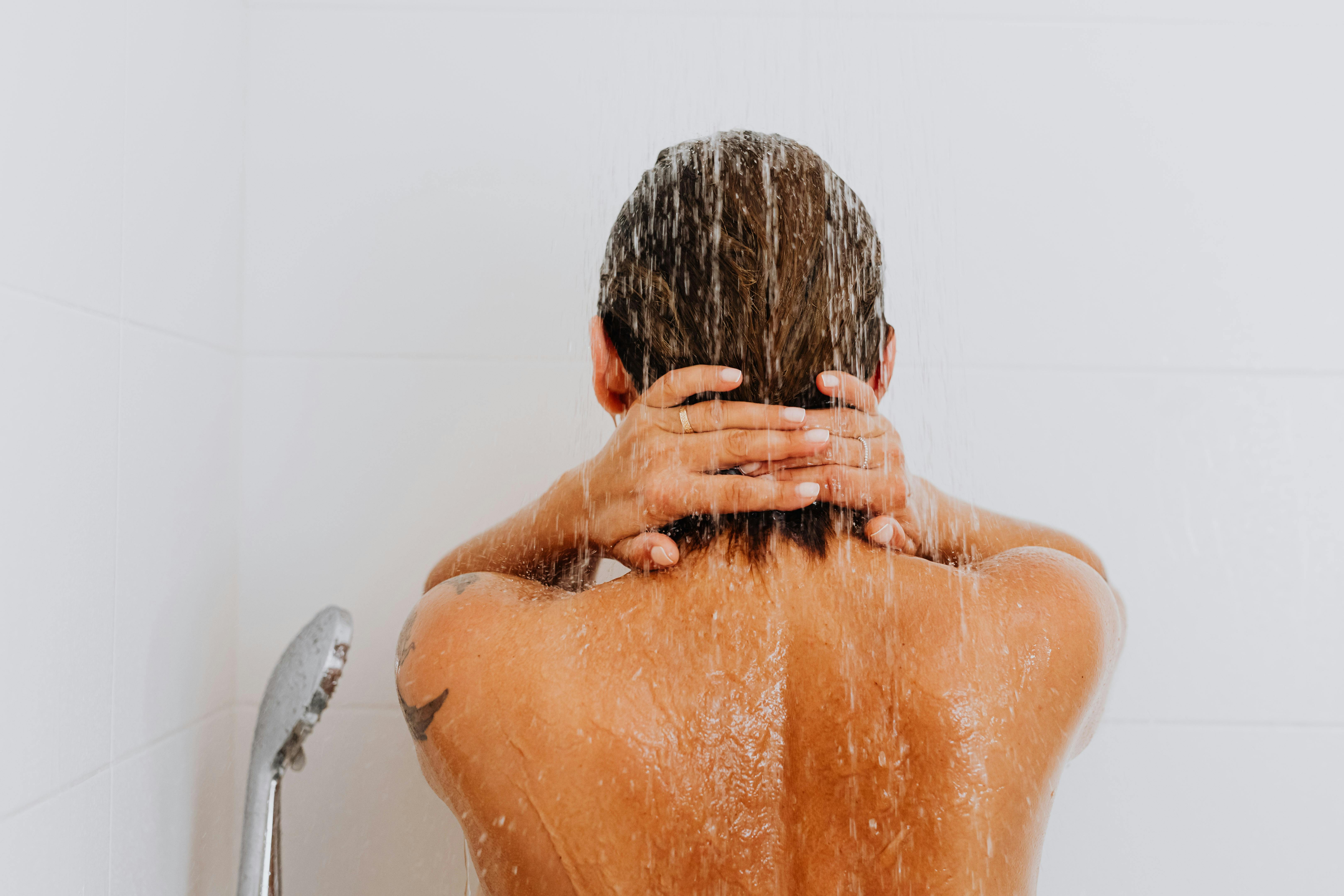
Scientific Research on Cold Water and Recovery
old Water Immersion Versus Rest for Post Exercise Recovery
Researchers analyzed multiple studies on cold water immersion, or CWI, and its effects after intense workouts. They found CWI can significantly improve recovery within 24 hours of high-intensity exercise.
This method helps restore muscle power and reduce soreness. It also lowers creatine kinase levels, an enzyme that signals muscle damage. Lower levels mean less damage and better recovery.
KEY SCIENCE TAKEAWAY: Cold showers post-sauna reduce muscle soreness by up to 20% and help restore muscle power within 24 hours of high-intensity exercise [2] .
CWI appears effective for faster recovery and improved performance, especially for athletes. Benefits were smaller after stretching exercises. The study also found that shorter, colder immersions may work best.
How Heat and Cold Help with Muscle Injuries
This literature review [3] provides guidance on using heat and cold therapies. It explains how each works, their effects on the body, and the medical evidence behind them.
Cold therapy can reduce pain, swelling, blood flow, inflammation, and muscle cramps. Heat therapy relieves pain, increases blood flow, metabolism, and muscle firmness.
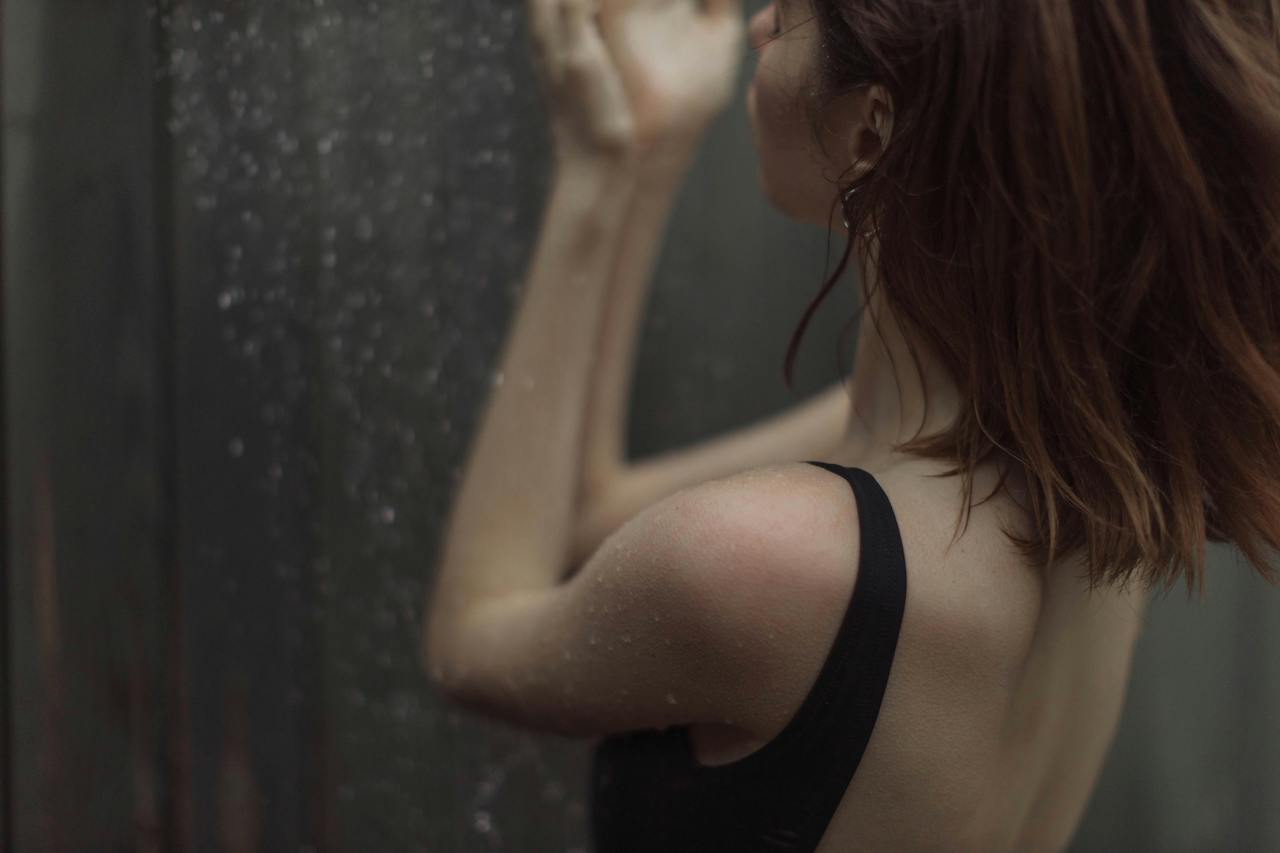
The Health Effects of Cold Water Exposure
This 2016 review [4] examined cold water exposure through activities like swimming, showering, and bathing. Researchers analyzed 104 studies on the topic.
They found potential benefits for the immune system, cardiovascular health, and mental well-being. The review also noted more research is needed to confirm these effects with stronger scientific evidence.
Does Taking Cold Showers Impact Health and Work
This 2015 study [5] involved 3,018 healthy adults with no prior cold shower experience. Participants took cold showers of varying lengths or were part of a control group.
After 30 days, they could continue cold showers for 60 more days. The study measured effects on work absence, sick days, quality of life, productivity, anxiety, comfort, and side effects.
Results showed a 29 percent reduction in work absence due to illness compared to the control group. There was no significant change in sick days. No serious side effects were reported.
The findings suggest cold showers may reduce illness severity and lower sick leave, though the effect on the immune system and illness prevention is still unclear.
The Immune System of People Exposed to Cold
This study [6] examined whether cold water immersion activates the immune system and improves well-being. After one session, effects were minimal.
However, after six weeks of repeated immersion three times a week, there was a small but significant increase in certain immune cells and proteins.
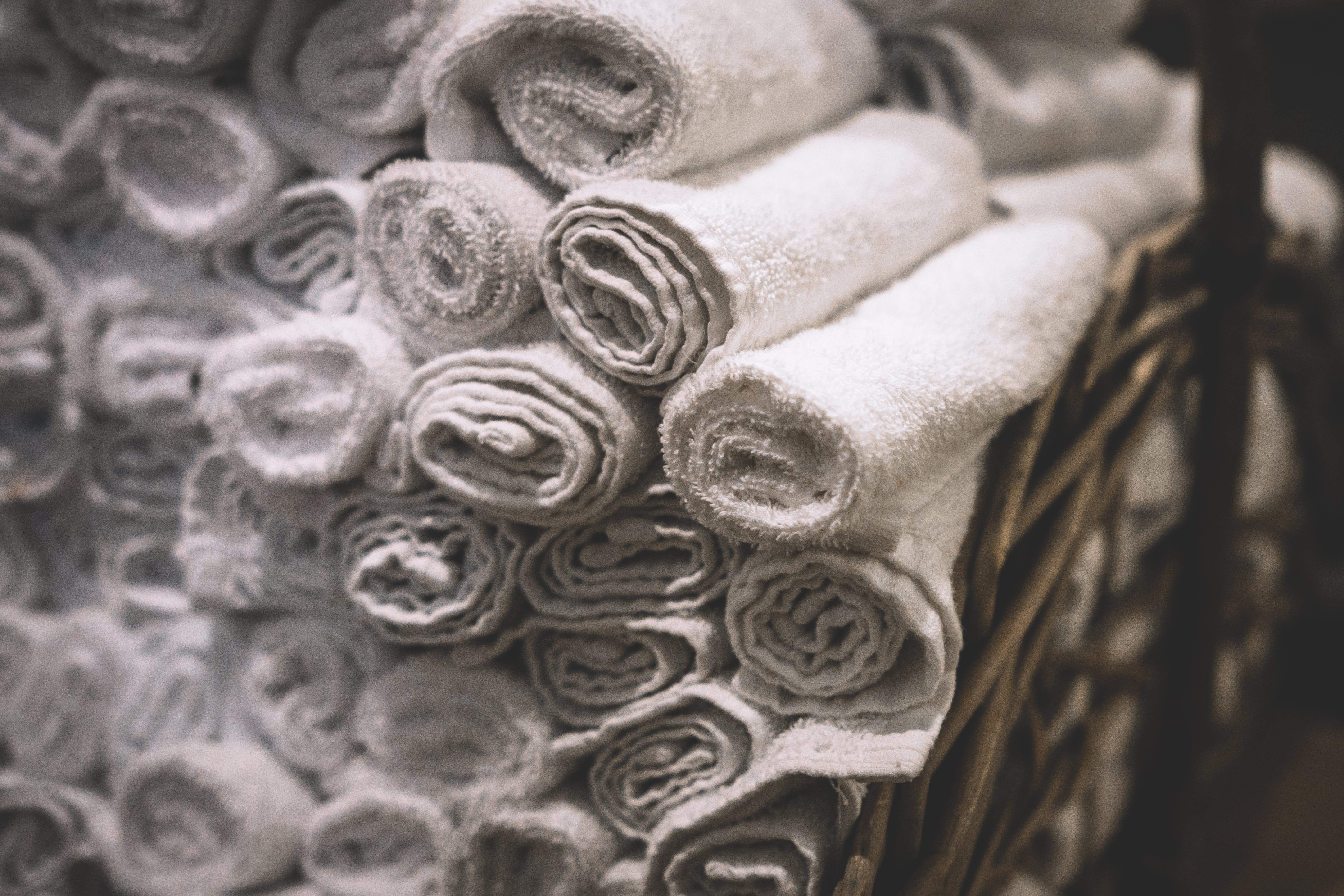
Balancing Benefits and Risks of Cold Showers
Cold showers after sauna come with both upsides and downsides. Knowing what they do helps you use them wisely.
🔹 Benefits: include less muscle soreness, a stronger immune response, increased alertness, and improved circulation.
🔹 Risks: cold shock response that can stress the heart, increased blood pressure, risk of hypothermia from prolonged exposure.
Ben Wright, Lecturer in Exercise Physiology at Oxford Brookes University [7], explains that the cold shock response can trigger rapid breathing, higher heart rate, and elevated blood pressure. He advises listening to your body and not pushing past discomfort.
How to Start Cold Showers Safely
🔹 Begin by wetting your feet and hands with cold water.
🔹 Slowly move the cold water up your arms and legs.
🔹 Finish by letting the water flow over your torso, near your heart.
🔹 Keep sessions short at first and increase time gradually.
🔹 Pay close attention to your body’s reactions and stop if you feel discomfort.
🔹 Consult a healthcare provider if you have underlying conditions.
Ben Wright also recommends starting with water between 10–15°C and keeping sessions around 10–15 minutes. Gradual adaptation makes cold exposure safer and more sustainable.
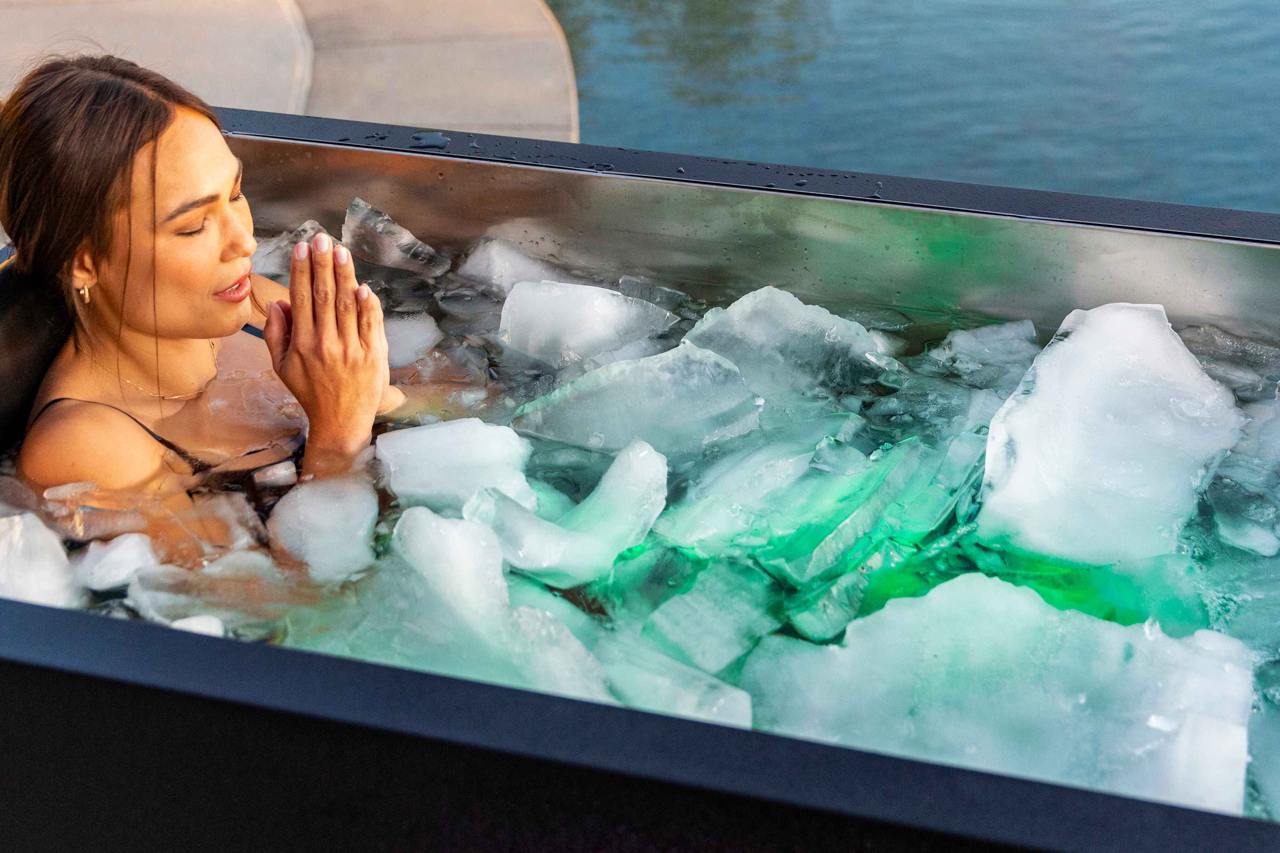
If you want a stronger cold experience, consider cold plunges or cryotherapy. For a comparison with infrared saunas, check out our article: Is Cryo or Infrared Sauna Better?
Warm Shower AFTER SAUNA
While many recommend a cold shower after an infrared sauna for rapid cooling, some prefer the comfort and relaxation of a warm shower. There is no right or wrong choice. Choose what helps you feel refreshed and relaxed after your session.
A warm shower can soothe muscles and deepen relaxation. The combined heat of the sauna and warm water creates a calming effect, which many enjoy.
What temperature?
Preferably use lukewarm water rather than hot. Hot water can remove oils released during the sauna session, which may leave your skin dry and irritated.
A Warm Shower Has Its Benefits Too
A warm shower removes toxins, oils, and bacteria from your skin. Following these simple sauna detox shower tips—like using lukewarm water—cleanses effectively without stripping natural oils. This cleansing helps you feel refreshed after the sauna and can prevent skin issues caused by trapped impurities.
The warmth relaxes your skin, which can help creams and moisturizers absorb more effectively and fit into your skincare routine.
Lock in moisture post-shower with our guide: After Sauna Skin Care What to Apply and Why.
Comparison of Cold and Warm Showers
| Benefit | Cold Shower | Warm Shower |
|---|---|---|
| Muscle Recovery | ✓ High | ✗ Low |
| Skin Hydration | ✗ Low | ✓ High |
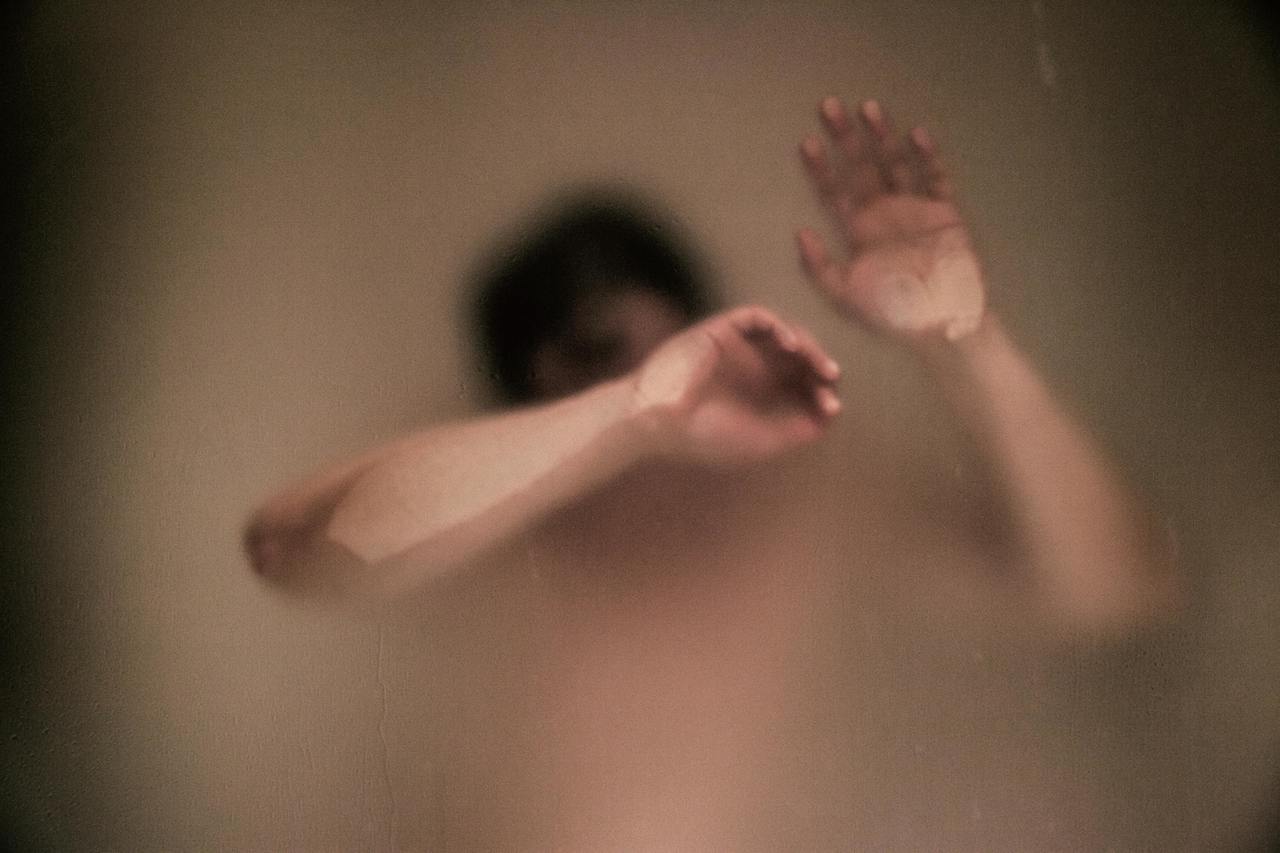
Shower Timing After Sauna: Why Wait 15-30 Minutes?
Not everyone prefers to shower immediately after an infrared sauna session. Allowing your body time to cool down naturally creates space for relaxation, hydration, and other activities that can improve your sauna experience.
Skin Sensitivity
If you have sensitive skin or prefer a gentler cooldown, waiting before showering can help. Let your body cool down slightly to match your comfort and needs.
Alternative Cleansing
If you don’t shower right away, you can still cleanse your skin by wiping down with a washcloth and lukewarm water.
Footbath
A warm footbath is another effective way to help your body release excess heat.
Use this time for gentle stretching to complement PEMF mat recovery, helping circulation and calming your nervous system as your body returns to normal temperature.
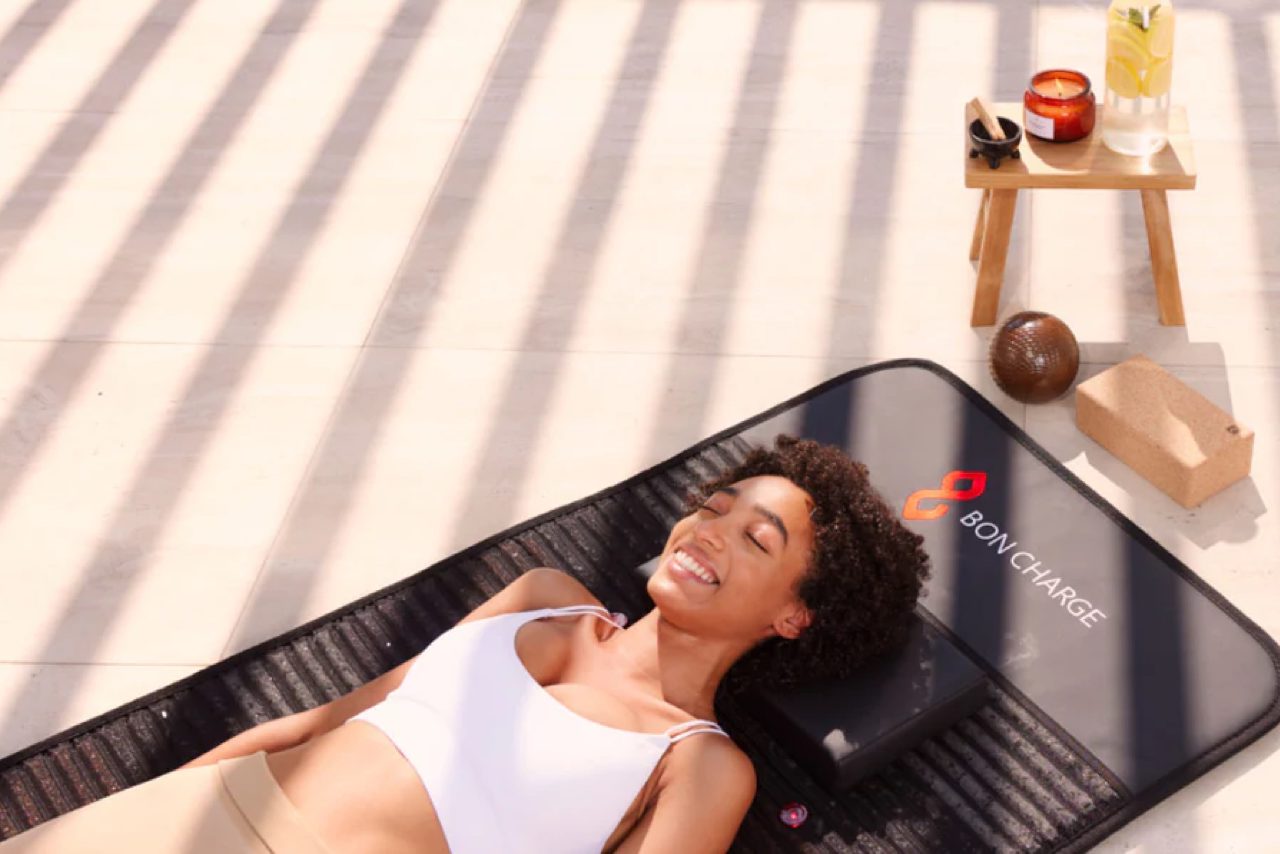
Questions & Answers
Is it advisable to shower during a sauna session?
Showering mid-way through a sauna session is generally not recommended as it can interrupt detoxification. Staying hydrated by sipping water during the session is important for effective detox.
When is the best time to take a shower after using an infrared sauna?
Most people shower within 15 to 30 minutes after a session to remove sweat and impurities. How long to wait to shower after sauna depends on skin sensitivity and personal preference.
What shower temperature is preferred after an infrared sauna session, cold or warm?
The choice depends on your comfort and how your body responds. Both cold and warm showers have benefits, so pick the one that makes you feel refreshed. Consult a healthcare professional if you have medical or skin concerns.
How long should a cold shower last after sauna?
There is no one-size-fits-all duration, but studies suggest shorter, colder showers work best. Around two minutes is a good balance to gain benefits without overexposure.
What is the ideal duration for a warm shower?
The ideal warm shower length varies, but around two minutes usually cleans well. Keep water use in check to help with sustainability.
Can I shower between sauna rounds?
Yes! A quick rinse removes sweat between sessions. Avoid soap to prevent dry skin.
Should I shower before infrared sauna blanket use?
Yes, showering first is important for infrared sauna blanket prep. It removes oils that can block infrared rays and helps your skin absorb heat better.
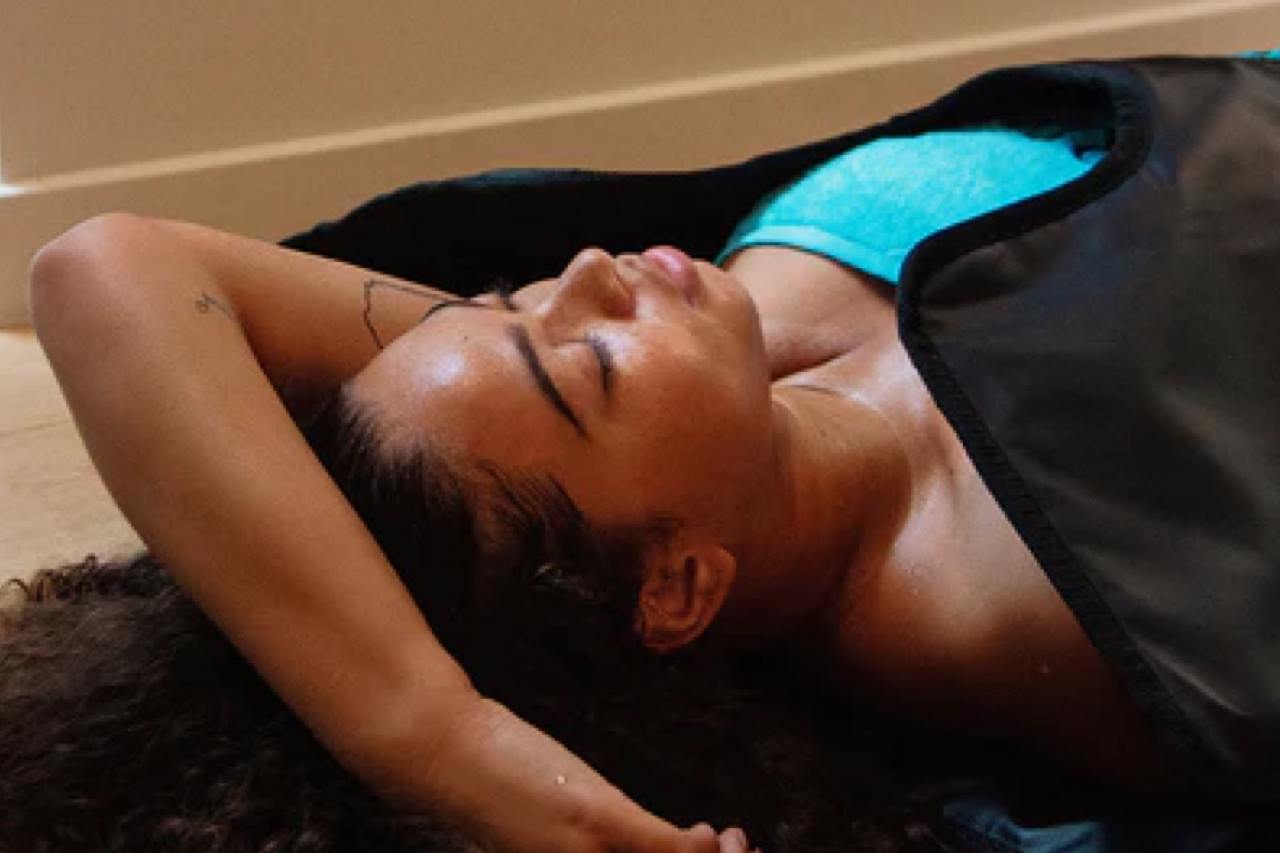
final thoughts
Sauna and shower are two linked rituals that improve well-being. Showering before the sauna helps you relax, reduce stress, and prepare your body for the experience. Remember to incorporate effective sauna detox shower tips into your routine for optimal skin cleansing.
A cold shower after the sauna does more than follow routine. It aids both body and mind. Shifting from the sauna's heat to cold helps with relaxation and recovery.
Hydration matters before and after the sauna. High heat causes quick fluid loss, and not replacing it can affect how you feel. Cold shock is another factor. Start gently and stay aware of your limits. Sudden intense exposure is not the goal. Comfort and gradual adaptation lead to better long-term results.
More on hydration? Read: Best Drink for Sauna: What To Drink Before, During & After
Saunace.com publishes reviews and usage guides for infrared and PEMF devices to help readers compare options and use them safely; see the About page to learn how we research and evaluate products.

Diane Sargent
Updated: August 2025
Want more details? Explore these blog posts.
References
1. Laukkanen, J. A., & Kunutsor, S. K. (2019). Is sauna bathing protective of sudden cardiac death? A review of the evidence. Progress in Cardiovascular Diseases, 62(4), 362–367. https://pubmed.ncbi.nlm.nih.gov/31102597/
2. Moore E, et al.. Impact of Cold-Water Immersion Compared with Passive Recovery Following a Single Bout of Strenuous Exercise on Athletic Performance in Physically Active Participants: A Systematic Review with Meta-analysis and Meta-regression. Sports Med. 2022 Jul;52(7):1667-1688. https://pubmed.ncbi.nlm.nih.gov/35157264/
3. Malanga GA, and Yan N, Stark J. Mechanisms and efficacy of heat and cold therapies for musculoskeletal injury. Postgrad Med. 2015 Jan;127(1):57-65. doi: 10.1080/00325481.2015.992719. Epub 2014 Dec 15. PMID: 25526231
4. Esperland D et al., Health effects of voluntary exposure to cold water - a continuing subject of debate. Int J Circumpolar Health. 2022 Dec;81(1):2111789. doi: 10.1080/22423982.2022.2111789. PMID: 36137565; PMCID: PMC9518606
5. Buijze GA, et al.,The Effect of Cold Showering on Health and Work: A Randomized Controlled Trial. PLoS One. 2016 Sep 15;11(9):e0161749. doi: 10.1371/journal.pone.0161749. Erratum in: PLoS One. 2018 Aug 2;13(8):e0201978. PMID: 27631616; PMCID: PMC5025014
6. Janský L et al., Immune system of cold-exposed and cold-adapted humans. Eur J Appl Physiol Occup Physiol. 1996;72(5-6):445-50. doi: 10.1007/BF00242274. PMID: 8925815.
7. Wright, B. (2025, February 14). Hot and cold: Oxford Brookes expert explores the health benefits of cold water immersion and saunas. Oxford Brookes University. https://www.brookes.ac.uk/news/hot-and-cold-cold-water-immersion-saunas/
